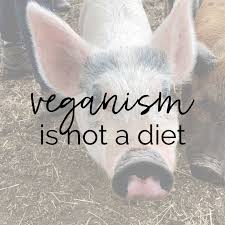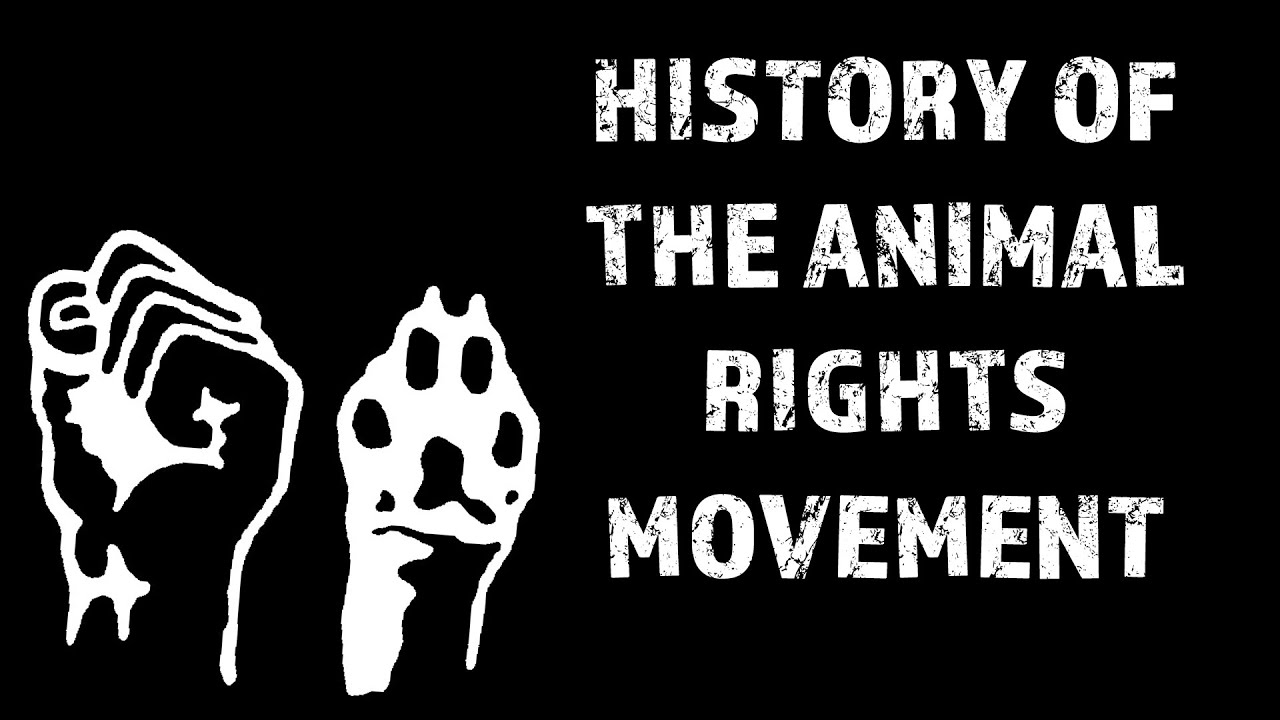Veganism is a philosophy and way of living which seeks to exclude—as far as is possible and practicable—all forms of exploitation of, and cruelty to, animals for food, clothing or any other purpose; and by extension, promotes the development and use of animal-free alternatives for the benefit of animals, humans and the environment.

Animals are sentient beings capable of experiencing pain, joy, fear, and love. They deserve to live free from suffering and exploitation.

Yes, a well-planned vegan diet can be very healthy and is suitable for all stages of life, including pregnancy, infancy, and athletic performance.
Vegans get protein from plant sources like legumes, grains, nuts, seeds, and soy products. Most people easily meet their protein needs on a vegan diet.
Veganism can be very affordable. Staples like beans, rice, vegetables, and fruits are often cheaper than meat and dairy products.
Vitamin B12 is produced by bacteria and is found in fortified foods and supplements. Many people, including meat-eaters, are B12 deficient and should supplement.